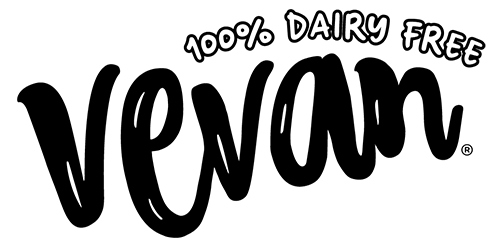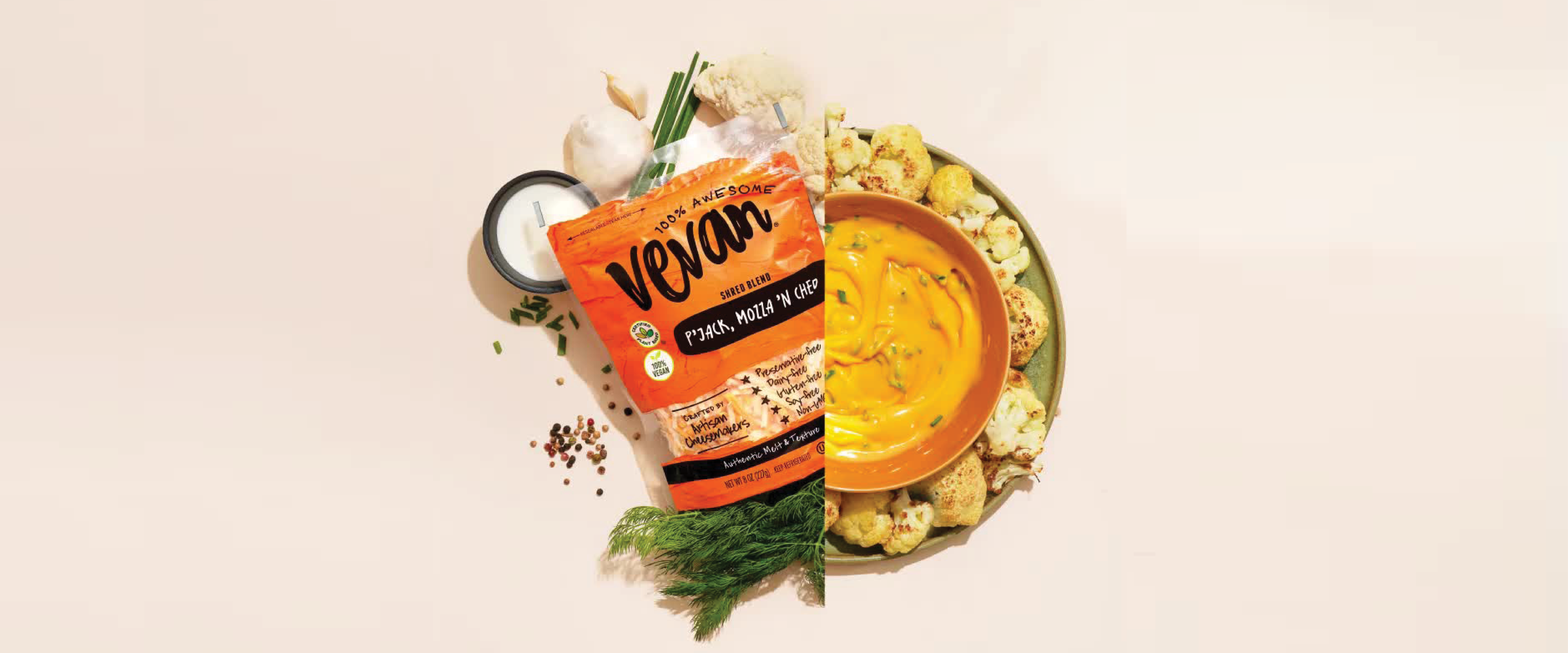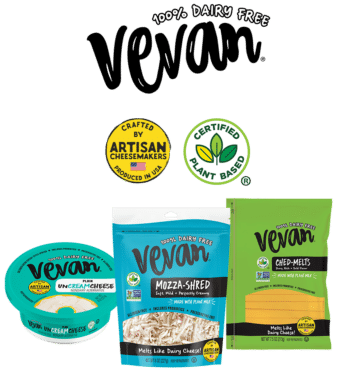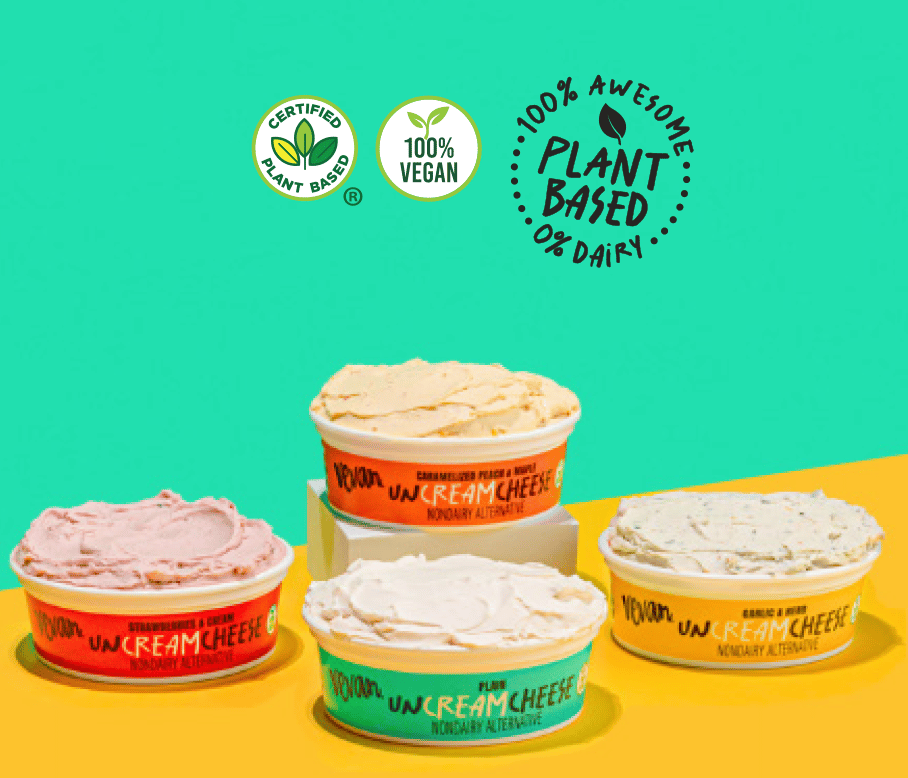Going dairy-free? No matter your reason for ditching dairy, you may have several questions about pursuing a life without some of your favorite dishes. If “how am I going to break up with cheese?” is one of your top concerns, we’re here to help make your cheese-lovin’ dreams come true while learning how to rock a dairy-free diet.
What can you eat on a no dairy diet?
Those affected by lactose intolerance, cow’s milk allergies, or sensitivity to dairy adopt a non-dairy diet to find relief for body issues like digestive problems and sometimes more serious allergic reactions. Others choose to avoid dairy as part of a flexitarian or vegan lifestyle, avoiding animal products in part or all together while instead noshing on plant-based items. So if you’re not eating dairy, what are you eating?
A dairy free diet avoids animal milk found in products like:
- Cheese
- Cream
- Butter
- Yogurt
- Cow’s milk, goat’s milk or milk from an animal
Beyond avoiding these foods, dairy free diets can include meat, poultry, fish, produce and alternative milk versions of the products named above, whereas vegan diets exclude dairy from an animal, along with all animal products.
Depending on your eating habits, this diet may sound super easy or totally restrictive, especially if you love cheese-laden foods like pizza, grilled cheese, and even your morning bagel with cream cheese!
If you share our affinity for the authentic flavors and ooey, gooey goodness of cheese, be sure to explore our Vevan cheese-lovin’ cookbook to kick off your dairy-free diet with our favorite recipes – guaranteed to make your tastebuds and digestive system rejoice!
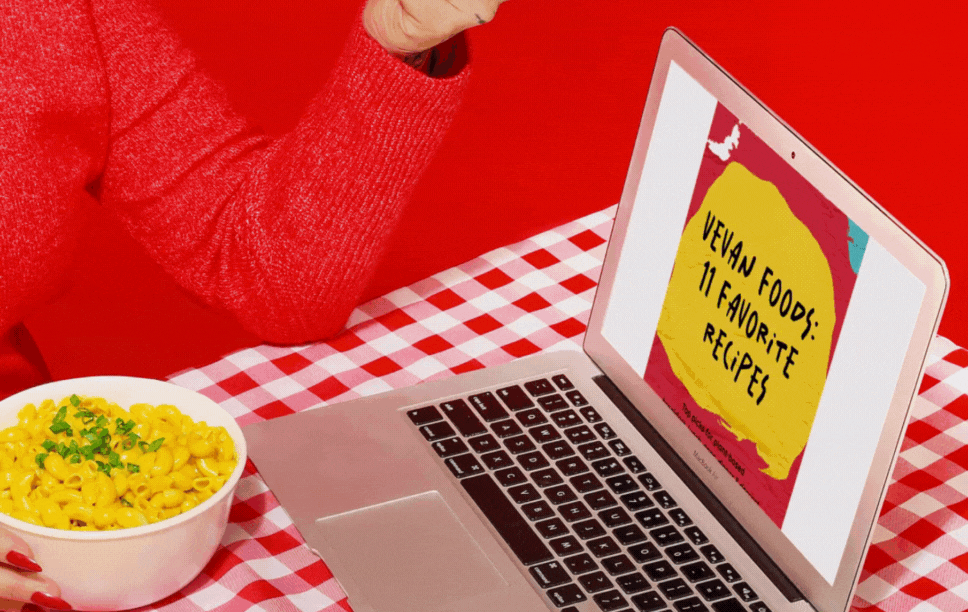
Can you eat eggs if dairy-free?
As you were reading the “avoid this” list above, you didn’t see eggs. Why? While eggs and dairy products are marketed together and co-located in most grocery stores, eggs are not dairy. Both milk and eggs are from animals and are significant sources of protein, yet eggs are produced by birds, not containing lactose or related to milk from mammals.
Vegans and those with certain allergies and sensitivities may cut out all animal products from a diet, but if a dairy-free diet is all you are seeking, you can safely consume eggs.
What happens to your body when you eliminate dairy?
Eliminating dairy can be very beneficial to your body if you suffer from certain conditions. Regardless, cutting out dairy can also mean not getting enough nutrients typically found in dairy like protein, calcium, and vitamin D. As these contribute to building and maintaining muscles, cells, and bone density, as well as a healthy immune system, it’s important to find alternate sources of these nutrients to keep your body in optimal condition.
Protein is found in meat, poultry, and fish – all foods that comply with a dairy-free diet. However, if you have gone dairy-free in conjunction with a vegan diet or plant-based living, we suggest finding protein sources from:
- Quinoa – whip up this cheesy Mediterranean-inspired Quinoa Bowl in just 15 minutes
- Black Beans – our P’Jack & Black Bean Tostadas will be a new go-to for quick easy dinners, packing a major protein punch for your daily dairy-free diet
- Tofu – start off your day with a protein-rich Tofu Scramble Breakfast Burrito, easy to prep and even easier to devour
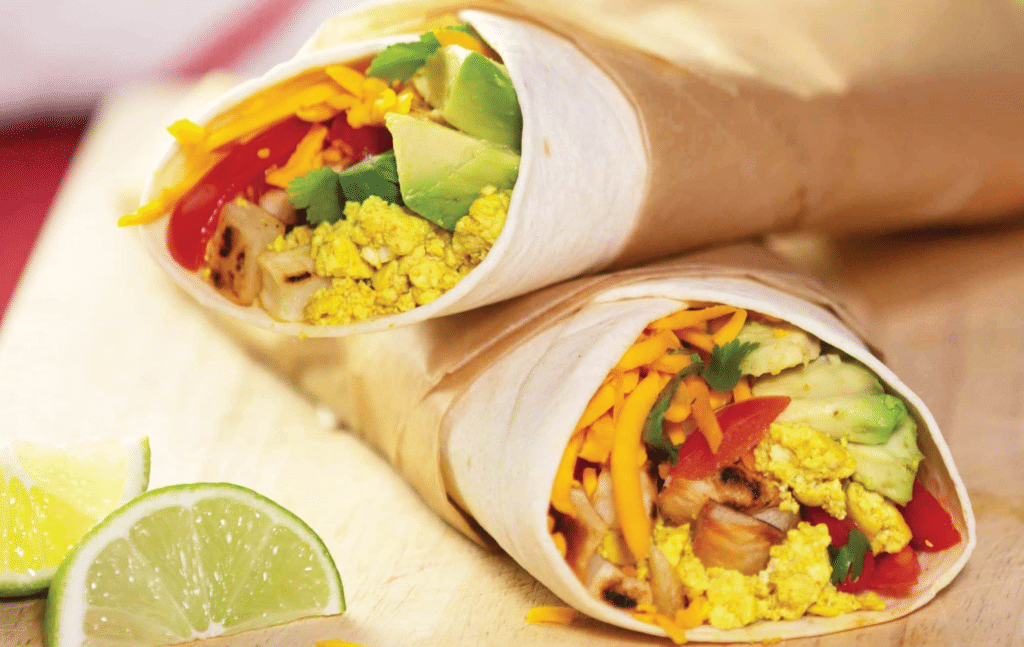
For calcium, try foods rich in:
- Broccoli – we suggest this Summer Glow Green Goodness Salad (wow, those Mozza Crisps!) or this easy Mushroom and Broccoli Pasta dish with a delicate, creamy cheese sauce
- Edamame – this BBQ’ed Teriyaki Tofu Bowl has a hearty serving of edamame, kicked up a notch with our P’Jack-Shred
- White Beans – our Italian White Bean & Kale Bowl hits the spot and adds to your daily goal of 1,000 milligrams
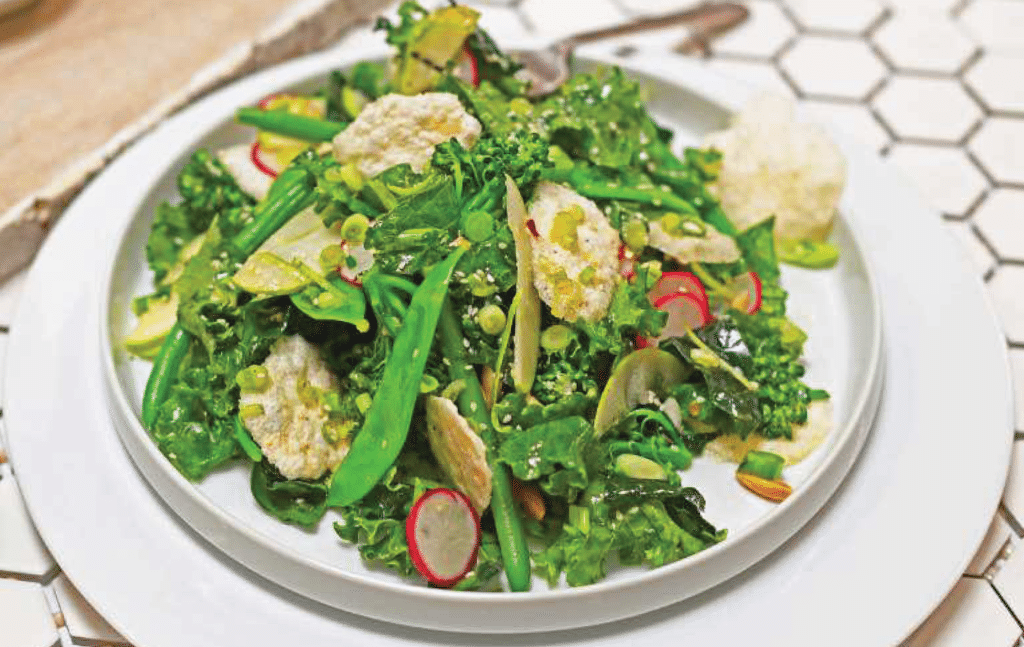
For Vitamin D in food, be sure the labeling notes an item is “fortified” with Vitamin D. Typical sources include:
- Orange juice
- Certain non-dairy milks
- Mushrooms – wild grown varieties exposed to the sun
- Tuna, trout and salmon – although these won’t work in vegan diets
- Sunshine – go outside and soak up some rays
For healthful ways to get more protein, calcium, and Vitamin D in your dairy-free diet, be sure to consult with your doctor or nutritionist. Consider checking out these other sources of calcium and Vitamin D as well. And remember, deserting dairy doesn’t mean deserting delicious meals or desserts!
Can you lose weight cutting out dairy?
Yes, cutting out dairy can contribute to weight loss, mostly because you’re eliminating calories from a major (to most) food group. Additionally, dairy is calorie-dense, often high in saturated fat, and it contains lactose, a naturally occurring sugar which when consumed in excess, can lead to weight gain.
Of course, it’s important to make sure that when you embark on your dairy-free diet that you are eating a balanced diet and consuming enough calories each day. Again, a doctor or nutritionist could advise you on how to do this safely and healthily.
Dairy-free diet awesomeness
Whether going dairy-free was a choice or a necessity, you can rest assured you don’t have to sacrifice tasty, cheesy meals when you stick with Vevan. As for breaking up with cheese, you can confidently let dairy know it’s not you, it’s them! You’ve found a better partner that makes your dairy-free dreams come true.
Write your own cheesy “happily ever after dairy” story when you check out more Vevan recipes on our website and Pinterest.
